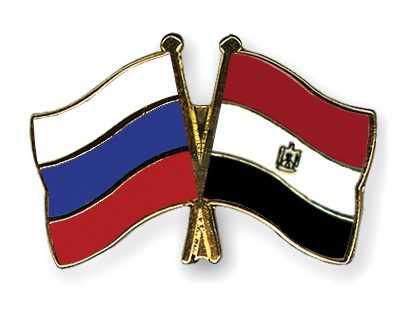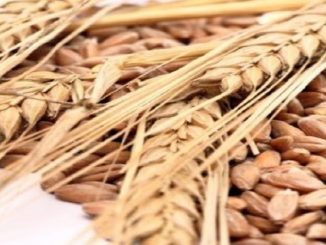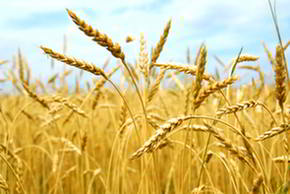
Russian Airliner “Aeroflot” has received its offices in Cairo Airport’s passengers building in preparation for resuming its flights to Egypt, according to RT .
Sources said that the Russian company has prepared its offices inside Cairo Airport in terminal building 2, after suspending its flights for nearly 11 months following the crash of a Russian passenger plane on 31 October, 2015 in Sinai as a result of a terrorist attack that killed all its passengers.
Aeroflot office is scheduled to resume its work within the coming weeks after it was renewed, and its capacity was increased to take up to 7.5 million passengers annually.
In the same context, the airliner’s logo has been tagged in the new offices. Also, its equipment and papers were transferred from its closed offices in terminal building 1 to the new building.
According to the sources, a large delegation headed by Russia’s Minister of Transport is expected to visit Egypt the coming days to conduct a final review of the security procedures adopted to secure passengers, luggage and cargoes at Cairo airport in preparation for resuming flights and tourism traffic between both countries.
Last week, a Russian security delegation finished its extensive security tour to inspect security measures at Cairo Airport to secure the passengers’ luggage and cargoes packages transferred on planes.
This recent development indicates the possibility of resuming the Russian flights to Egypt which was in a stalemate since the crash of the Russian plane last year.
However, another crisis has appeared in the horizon regarding the Egyptian-Russian relationship .
Russia decided that it will temporarily suspend imports of fruit and vegetables from Egypt from September 22, Russia’s food safety watchdog said on Friday, hours after Cairo rejected a Russian wheat shipment.
The trade dispute between Russia and Egypt escalated after Egyptian quarantine inspectors rejected a 60,000-tonne Russian wheat shipment due to problems related to Cairo’s policy over the ergot fungus.
Yuliya Shvabauskene, deputy head of the Rosselkhoznadzor service, “We are talking, among other things, about citrus fruits, tomatoes, and potatoes, “according to Interfax (Russian news agency).
She said the ban is being imposed due to insufficient work of Egyptian phytosanitary system, adding that Rosselkhoznadzor had found quarantined items in Egyptian supplies multiple times this year.
In response, one Egyptian fruit-and-vegetables trader said, “This is going to lead to huge losses for export companies.”
He said Russia is the second most important market for Egyptian fruit and vegetable exporters after Saudi Arabia.
He added, “The season is supposed to start at the beginning of October and all the companies have big contracts with Egyptian farmers. This short amount of time won’t allow us to secure other markets.”
In 2015, Russia bought around $150 million of Egyptian citrus products, about 13% of its total citrus imports.
Moscow said last week it was seeking talks with Egypt, its top buyer, over Cairo’s failure to approve Russian wheat shipments since tightening its regulations on ergot, a common grains fungus, in late August.
Egypt was unable to garner a single offer from wheat suppliers at its state grain tender on Friday, forcing it to cancel the tender and raising renewed questions about its ability to tap global wheat markets while maintaining a ban on ergot.
In this context, Egypt said it will send a team to Russia at the end of September to discuss the trade standoff, just ahead of the start of its citrus export season, reported Reuters.
The ministry of agriculture’s committee will also meet with the Russian ambassador in Cairo to discuss Russia’s ban and to “avoid any obstacles” to solving the issue, the ministry said in a statement.
Moscow has a history of using threats and limiting imports in trade disputes, but Cairo’s policy of zero ergot policy has caused several problems recently.
In conclusion, there are different scenarios related to the future of the Egyptian-Russain relationship. First, the commercial and economic crisis will widen to include more files as the nuclear power plant project that is supposed to be funded by Russia, as well as the completion of the military deals that have been reached during the recent Egyptian military delegation’s visit to Moscow.
The second scenario is that Egypt may succeed in resolving some of the problems such as the latest wheat dispute with Russia by allowing the Russain harmful wheat access to the country in return for Russia’s resumption of importing the Egyptian harmful products.
The third scenario is that Egypt would resolve all the disputed files with Russia with the resumption of the activity of Russian tourism companies in Egypt in return for granting Russia political and military privileges in the Middle East through Egypt .



